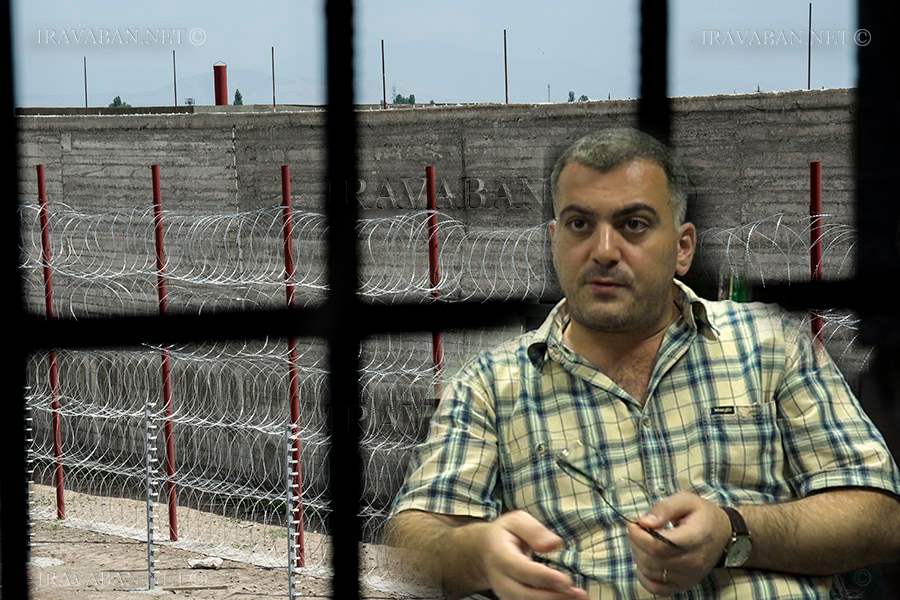“The probability of coronavirus increases especially in closed institutions, including penitentiaries,” Arshak Gasparyan, president of Social Justice NGO, says.
“In prisons in the US, Italy (and elsewhere), a wave of discontent has begun among prisoners, because the state is imposing restrictions on visits to relatives. Moreover, even prisoners who are transferred to civilian hospitals are often denied access to their relatives.
And indeed, a prison is not a hotel or a hospital. One of the most important and urgent tasks of the prison is to ensure the safety of inmates, workers and the visitors, while also reducing the penetration of any disease.
In probation, too, it is desirable to minimize the need for group work with stakeholders, especially indoors.
I don’t know what preventive measures our authorized bodies are taking/have taken, but I suggest (summarize or envisage) at least;
– Carry out awareness raising activities among inmates with the active participation of the New Healthcare SNCO, Penitentiary Security and SPLS departments.
– It would be highly desirable for regional or other community health care providers to carry out raising awareness and training activities for the staff of each facility.
– Provide all prisoners (at least in cell-type facilities) and staff (at least 24-hour shift workers) with the minimum necessary hygiene items.
– Establish strict monitoring of penitentiary visits (including the movement of sentenced persons in an open type correctional facility). Minimize to possible extent the contact of prisoners with any citizen (awareness-raising activities are extremely important here).
– It is necessary to minimize the process of transfer to the medical facility of the penitentiary, and especially to the civil hospitals. Ensure the minimum necessary hygienic accessories for the accompanying platoon.
– To minimize the mobility and external contacts of inmates in penitentiary institutions, especially those living with TB and HIV, both within and outside the penitentiary institution.
-To provide medical staff with maximum diagnostic functions in the placement committees, if possible, and to minimize where necessary the placement committee meetings in penitentiary institutions,” he said.















